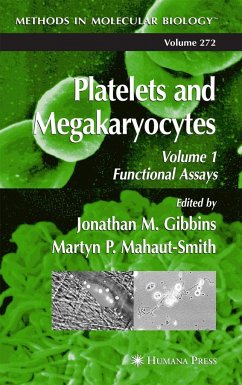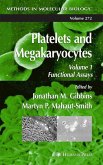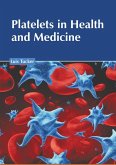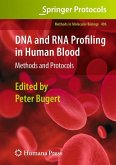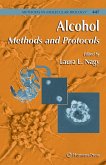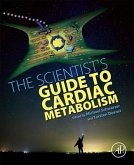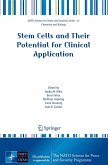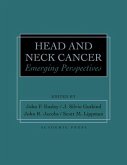12 The average human body has in the order of 10 circulating platelets. They are crucial for hemostasis, and yet excessive platelet activation is a major cause of m- bidity and mortality in western societies. It is therefore not surprising that platelets have become one of the most extensively investigated biological cell types. We are, however, far from understanding precisely how platelets become activated under physiological and pathophysiological conditions. In addition, there are large gaps in our knowledge of platelet production from their giant precursor cell, the megakar- cyte. Understanding megakaryocyte biology will be crucial for the development of platelet gene targeting. The aim of Platelets and Megakaryocytes is therefore to bring together established and recently developed techniques to provide a comprehensive guide to the study of both the platelet and the megakaryocyte. It consists of five s- tions split between two volumes. The more functional assays appear in Volume 1, whereas Volume 2 includes signaling techniques, postgenomic methods, and a n- ber of key perspectives chapters. Part I of Volume 1, Platelets and Megakaryocytes: Functional Assays, describes many well established approaches to the study of platelet function, including aggregometry, secretion, arachidonic acid metabolism, procoagulant responses, pla- let adhesion under static or flow conditions, flow cytometry, and production of microparticles. Although one would ideally wish to perform experiments with human platelets, studies within the circulation using intravital microscopy require the use of animal models, which are described in Chapter 16, vol. 1.
Bitte wählen Sie Ihr Anliegen aus.
Rechnungen
Retourenschein anfordern
Bestellstatus
Storno

